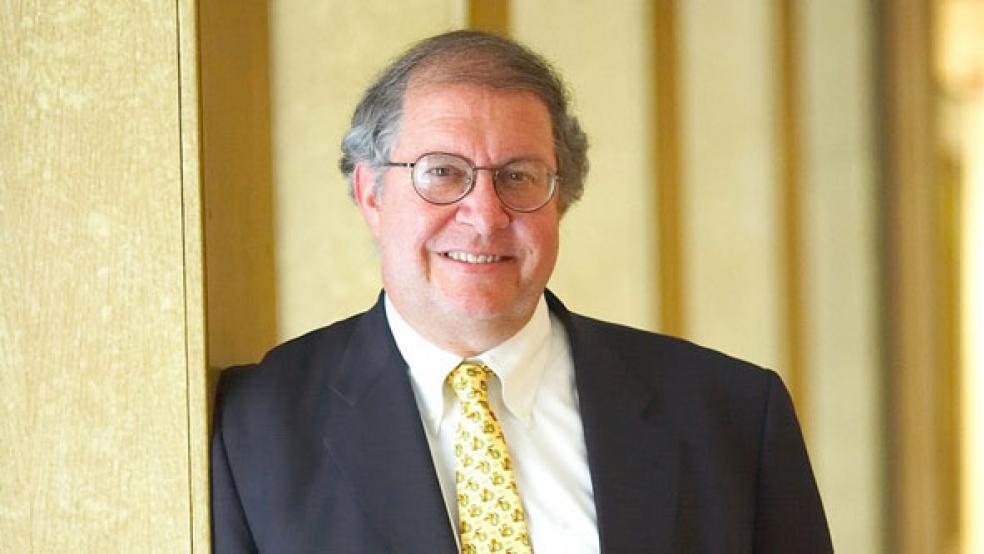Once upon a time, there was a mutual fund manager whose investment returns beat those of the Standard & Poor’s 500-stock index not just once, not even three times – but for 15 years in a row….
But yesterday came the news that 61-year-old Bill Miller, the manager who accomplished that feat, is stepping down from the helm of the Legg Mason Value Trust (LMVT). True, the glory days are behind him: His winning streak came to a screeching halt five years ago when he issued a public mea culpa for counting on stocks like Yahoo! for outsize returns in 2006. (The sole exception was 2009, when LMVT returned a whopping 41%.) And although his fund still holds nearly $3 billion in assets, that’s a fraction of the $20 billion or so it held before Miller lost his Midas touch. Outflows at LMVT have been far greater, proportionately, than at most other funds of its kind.
The good news is that Miller will now be able to watch the Baltimore Orioles without the distraction of the stacks of annual reports he is known to cart to and from each game he attends. The bad news? His departure isn’t necessarily going to boost the fund’s prospects since his replacement will be a relatively unknown quantity.
Miller is passing the baton to Sam Peters, who joined Legg Mason from Fidelity back in 2005 and who has been working closely with Miller on the flagship fund for about a year. Normally, that kind of transition would be a run of the mill matter, but this particular transition is akin to the one that took place when Peter Lynch left the running of Fidelity’s massive Magellan Fund to a new generation. “Investors buying the fund until now at least had a clear sense of Bill Miller’s stock-selection methodology. There’s no certainty that will remain the same under the new manager and yet the problem is that investors may well buy [the fund] on the assumption it will remain unchanged,” says Todd Rosenbluth, an analyst at Standard & Poor’s Capital IQ. “The market doesn’t care about a manager’s name, but the approach and the stocks they pick do matter.”
It may take much of the coming year for the Legg Mason portfolio to begin to reflect Peters’ own philosophy and approach, says Rosenbluth. That means living with an extra level of uncertainty associated with a mutual fund, at a time when the market itself is already making investinga rollercoaster ride. Peters could have learned well from the master, but there’s something to be said in favor of waiting for evidence to support that theory.



